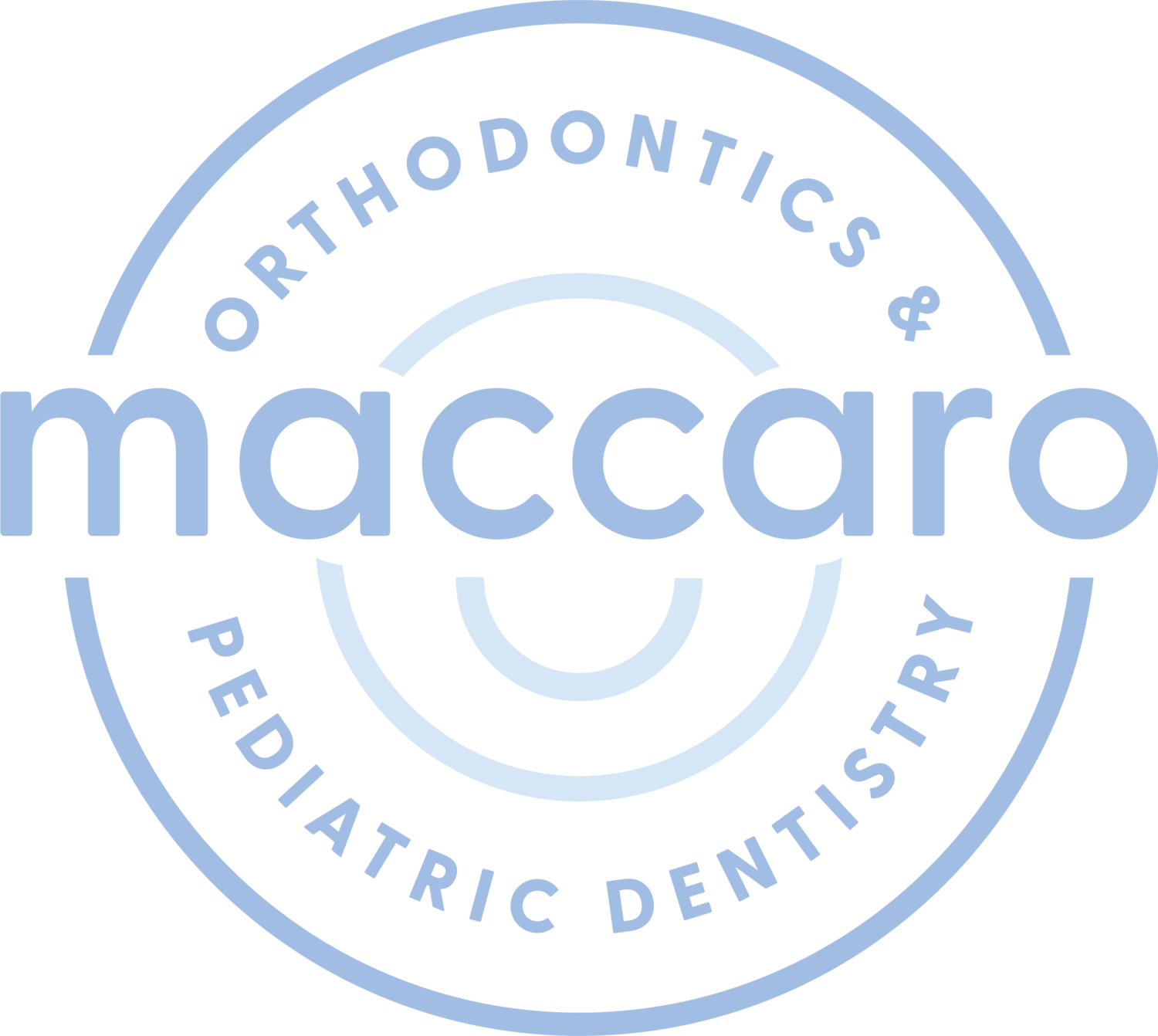My Child Is Lactose Intolerant–What Are Other Good Sources of Calcium?
Milk and dairy products are known for being excellent sources of calcium, along with a few other tooth-healthy nutrients. That’s all well and good, but dairy products also contain lactose. That’s a problem for kids who are lactose intolerant. They still need calcium though, so what are some other good ways to get it?
Go Nuts!
Did you know that nuts are a good source of calcium? Offer your kids a ¼ cup serving of roasted almonds as a snack to add about 114 mg of calcium to their diet. Peanuts and Brazil nuts have a decent amount of calcium as well. Nuts also contain healthy fats and protein, making them a great snack option. Just watch the portion sizes. Their fat content means they’re relatively high in calories, which makes it easy to consume too many calories at one time.
Choose Soy Products
Soy products are another great place to get calcium from. Soybeans, also known as edamame, can be a nutritious snack that offers fiber, protein, antioxidants, vitamin K, and calcium. A ½ cup serving offers 49 mg of calcium. You can get calcium from other soy products as well. Soy milk, soy yogurt, and tofu can all give you a decent supply of protein and calcium. For the most benefit, look for soy products that say things like, “calcium-fortified” or “calcium-set” on the label.
Look for Foods with Added Calcium
Because calcium is known as an essential nutrient, it is often added to foods that otherwise wouldn’t contain much of it. Calcium-fortified products like bread, juice, and cereal make it easy to get a calcium-rich breakfast. You can pair your child’s calcium-fortified cereal with a calcium-rich, non-dairy milk for an extra boost. Look at the nutrition labels for these products when you shop to see how much calcium your child gets from a serving of any one of them.
Kids need calcium even more than adults do. That’s because they are still growing and their teeth and bones are still developing. Children should have 700 mg of calcium if they are between the ages of 1-3, 1,000 mg if they’re 4-8 years old, and 1,300 if they’re 9-18 years old. If you’ve looked at your child’s calcium intake and are concerned about how much they’re getting, talk to their pediatrician for helpful suggestions on other ways to boost their calcium levels.
Having healthy teeth is a life-long endeavor. Maccaro Orthodontics & Pediatric Dentistry is here to help! Click here to learn more about how to have healthy teeth all life long.
